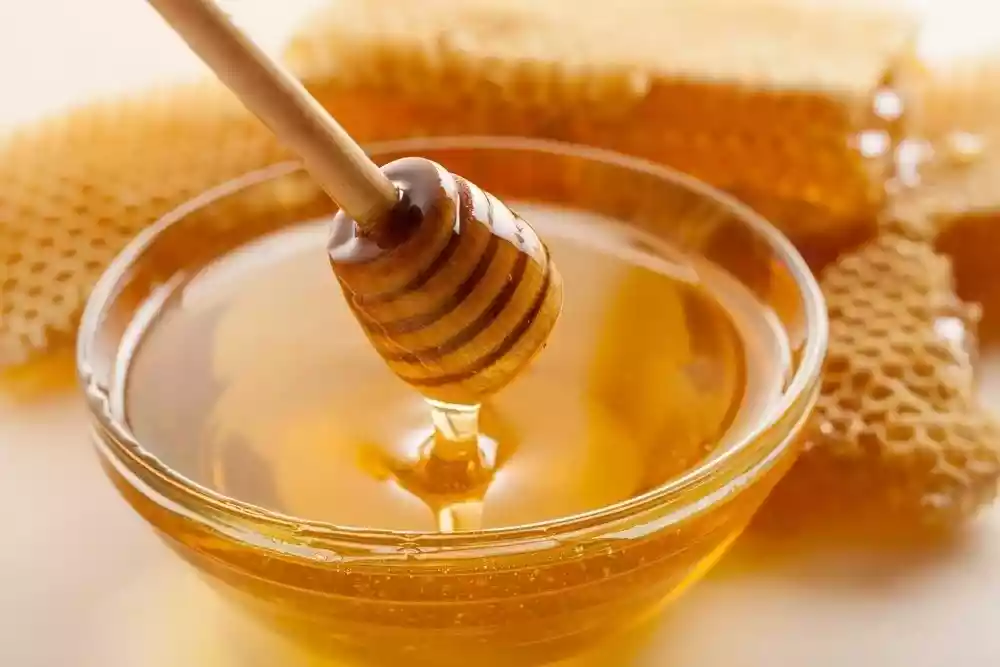
FARMERS in Nyanyadzi rural area of Manicaland are set for organic certification, which will allow them to earn a premium value in regional and international exports.
The certification project is being spearheaded by ZimTrade as part of its cluster development programme that is targeted at integrating rural communities in mainstream export business.
ZimTrade’s programme identifies honey as one of the products that can anchor rural industrialisation in Zimbabwe.
“The Nyanyadzi Honey Cluster has been the centre of apiaries in the Manicaland Province, with a potential outreach of approximately 1 000 local small-scale beekeepers,” ZimTrade said in its latest report.
The report notes that the cluster was established to assist producers in Nyanyadzi to be export-ready and export honey as well as its its byproducts before the end of 2024.
“The main assistance that ZimTrade has channeled towards the cluster has been the organic certification registration, which will see the cluster unlocking new markets both in the region and international markets,” it said.
According to the report, the organisation has engaged local experts to train the local farmers and EcoCert to conduct the audit and certification process.
“For the organic certification, 100 farmers in total will pioneer the project, with a total of 4 790 bee hives in the Chikwizi, Chikwakwa, Gudyanga and Nyanyadzi areas undergoing the certification process,” the report said.
- Zimbabwe’s trade deficit narrows to US$179m
- Malawi warms up to Zim products
- ZimTrade targets African markets
- ZimTrade targets African markets.
Keep Reading
According to an online publication by BeeCulture, the current level of honey production in Zimbabwe is estimated at 70 000 litres per year from nearly 16 000 bee farmers across the country.
The price of honey varies depending on the quality, packaging, and demand with the retail price range for Zimbabwe natural honey being between US$7,89 and US$14,80 per kilogramme.
The wholesale price range is between US$5,52 and US$10,36 per kilogramme, also depending on the variety and quality.
“Export markets have shown high levels of demand for organic honey and with the certification process already underway, new markets are bound to be opened for exports,” ZimTrade said.
“Organic honey is sought after because of its health benefits as antimicrobial, antiviral, antioxidant, antimutagenic, antitumor, antiparasitic and anti-inflammatory properties.
“It is also deemed as a natural source of carbohydrates, proteins, enzymes, minerals, amino acids, vitamins, and antioxidants with the major consumers of organic honey being found in cosmetics, pharmaceuticals and beverages sectors.”
In the regional market, honey is exported to neighbouring countries such as South Africa, Botswana, Zambia, and Mozambique.
In the international market, countries with potential include the United Kingdom, Germany, France, Japan, and China.
Germany is the largest importer of natural honey worldwide, with imports amounting to a value of about US$794,28 million in 2022, reports show.
The western European country also has a high domestic consumption of honey, with an average of 1,1 kg per person per year.
The United Kingdom is the second-largest importer of natural honey worldwide, with imports worth US$334,3 million in 2022.
The UK also has a high demand for organic honey, especially from the pharmaceuticals sector. The average consumption of honey in the UK is 0,6 kg per person per year.
France is the third-largest importer of natural honey worldwide, with imports valued at US$268,4 million.
France also has a strong preference for organic honey as it accounts for 10% of the global market share. The average consumption of honey in France is 0,9 kg per person per year.
ZimTrade noted that the international market requires high standards of quality, certification, and traceability of honey products.
“The process of certification that EcoCert will take the farmers through includes training for the farmers and adherence to organic honey standards,” it said.
To meet international standards, the report said the honey must be produced from nectar that comes from plants that are not treated with synthetic pesticides, herbicides, or fertilisers.
The honeybees must have access to a large area of organic forage and must not be exposed to any sources of pollution or contamination.
The beekeepers also should not use any antibiotics, chemicals, or synthetic substances on the bees or the hives.
They must have well documented records of the beehives and the harvesting records of the bee hives, it noted.
The export promotion organisation said for the small-scale holder farmers in the Chimanimani region, having an organic certificate for honey means that the honey will have an assurance seal that it is produced according to certain standards and conditions that ensure its quality, purity, and sustainability.










